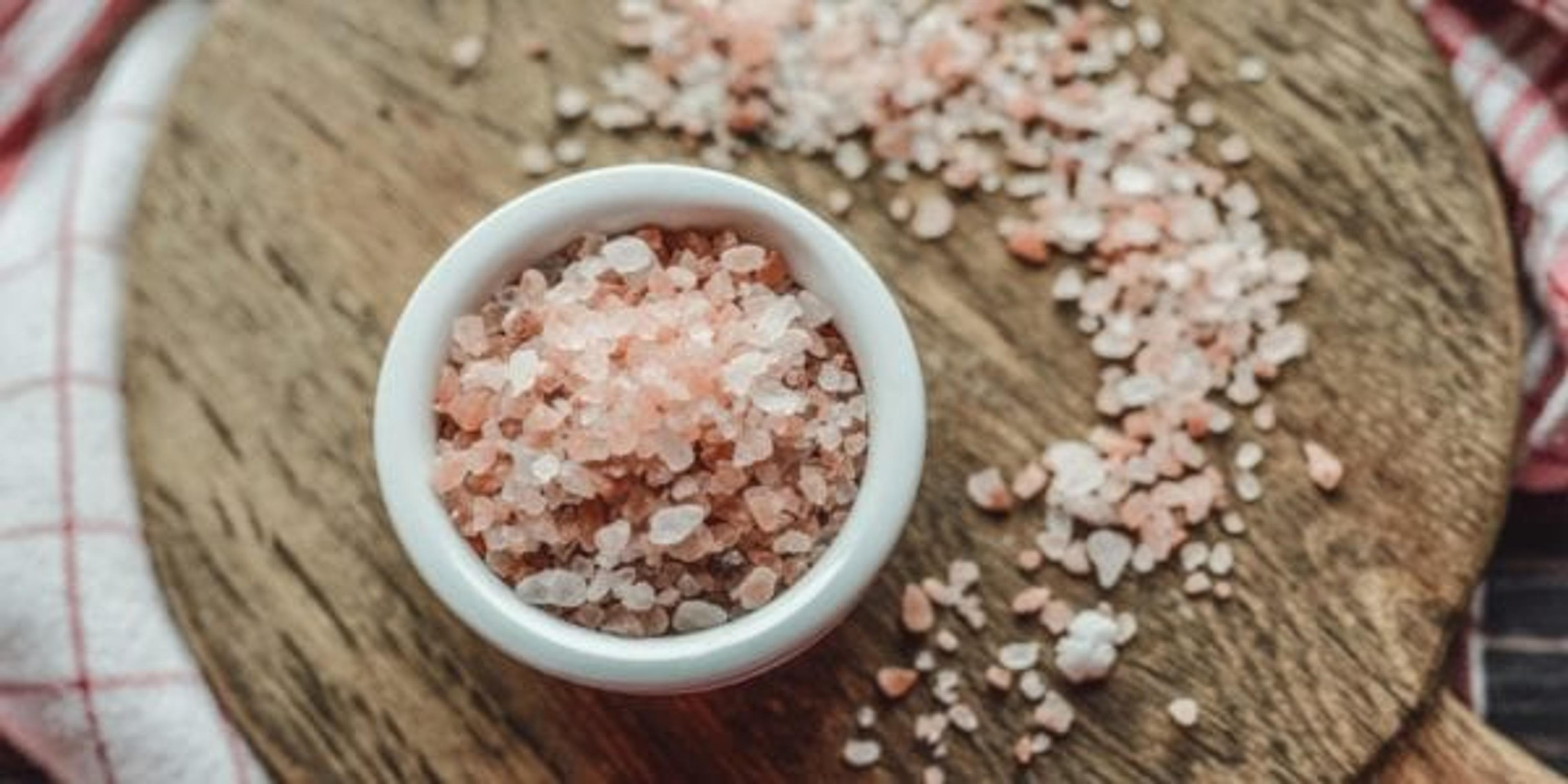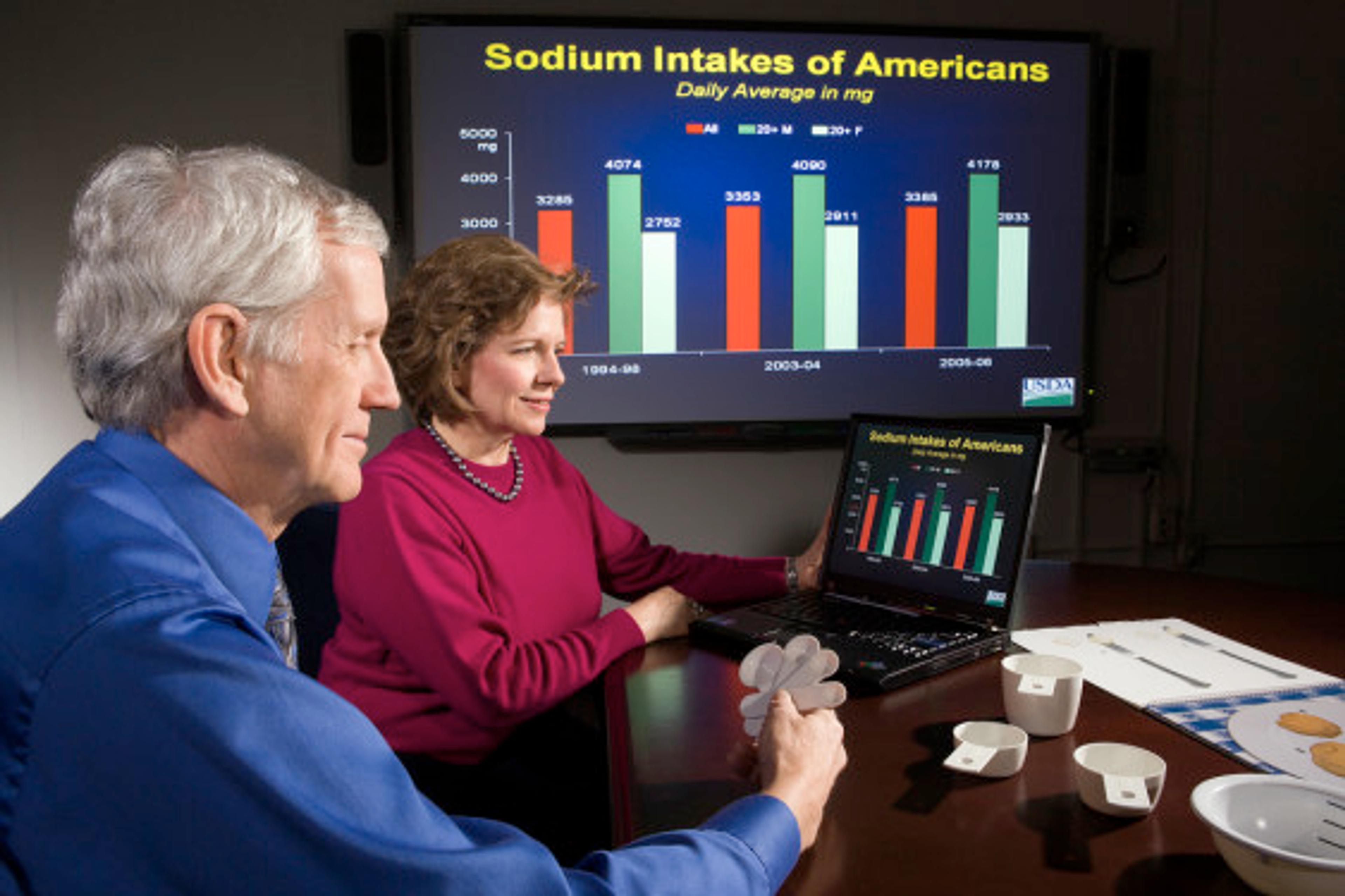Sodium: How much is too much?

Carly Getz
| 2 min read

We know we shouldn’t have too much sodium. Experts agree that excessive sodium intake can elevate blood pressure and increase risk of stroke, heart attacks, and kidney disease. U.S. dietary intake data reveals that 97% of children and adolescents are at greater risk for cardiovascular diseases due to consuming too much salt.

But what is “too much”?
Subscribe to hear all the episodes
According to Harvard Health Publications, the average American consumes 3,400 milligrams (mg) of sodium per day. Your body needs less than 5% of this, or 200 mg, for daily functions and fluid maintenance.
The American Heart Association recommends consuming less than 1,500 mg of sodium a day.African Americans and the elderly are more sensitive to salt and sodium and thus need to be more conscientious of their intake.
Like many, I consume most of my sodium via table salt, or sodium chloride. Here are the table salt to sodium equivalents to help you better monitor your intake:
- 1/4 teaspoon salt = 600 mg sodium
- 1/2 teaspoon salt = 1,200 mg sodium
- 3/4 teaspoon salt = 1,800 mg sodium
- 1 teaspoon salt = 2,400 mg sodium
Can I flush out excess sodium by drinking water?
This is a myth I grew up with: as long as I drink enough water, sodium content doesn’t matter. Unfortunately, this is not necessarily the case. Kidneys do naturally try to balance the amount of sodium stored in your body by excreting excess sodium in urine. However, if for some reason your kidneys cannot eliminate enough sodium, it will build up in your blood. As sodium retains water, the volume of water in the blood will increase. This can lead to heart disease, stroke, kidney disease and congestive heart failure.
How can I reduce my sodium intake?
- Read the food label and look for low sodium (<140 mg/serving) foods.
- Consume fresh foods- processed foods are generally higher in sodium. Specifically avoid canned soups, frozen dinners, and salty chips.
- Don’t add salt when cooking – a lot of sodium in our diets comes from adding it when food is being prepared.
- Don’t add salt at the table. Keep the salt shaker off the table to avoid temptation of salting your food.
- Cook from scratch so you have control over sodium. Check out these low-sodium homemade taco and ranch seasonings recipes or vegetarian slow cooker ratatouille that was featured on Fox 2 News.
- Don’t go overboard on condiments and salad dressings.
- At restaurants, choose a low-sodium option or request that salt is not added to your food.
Photo Credit: USDAgov





